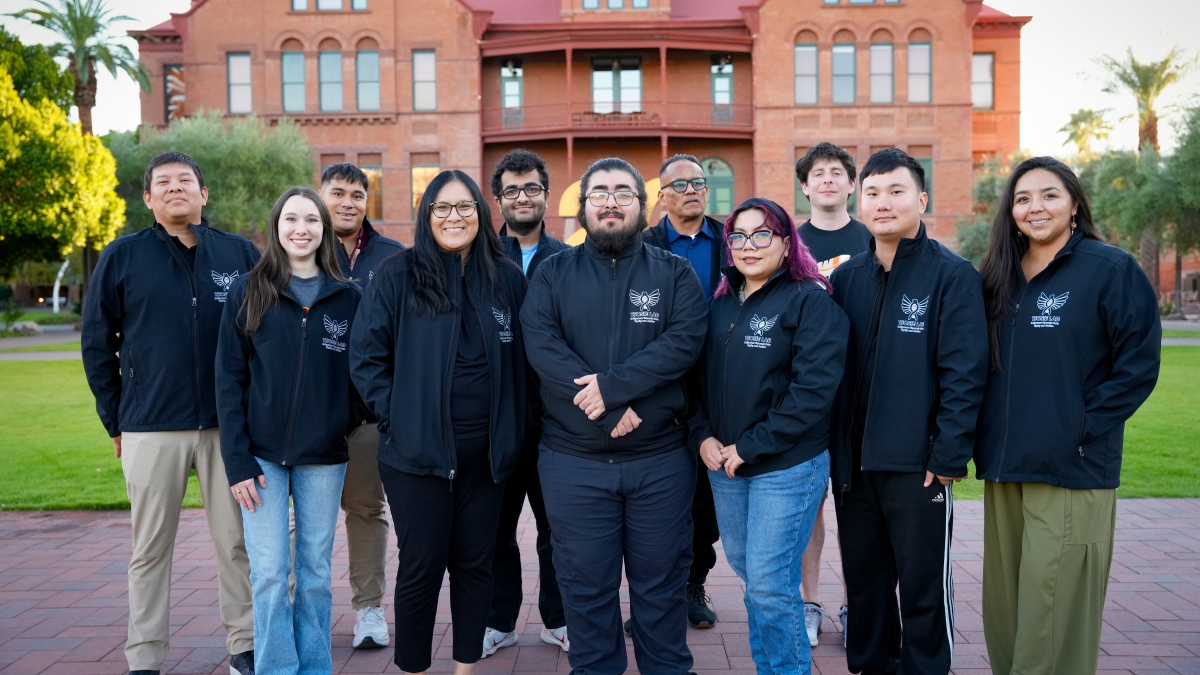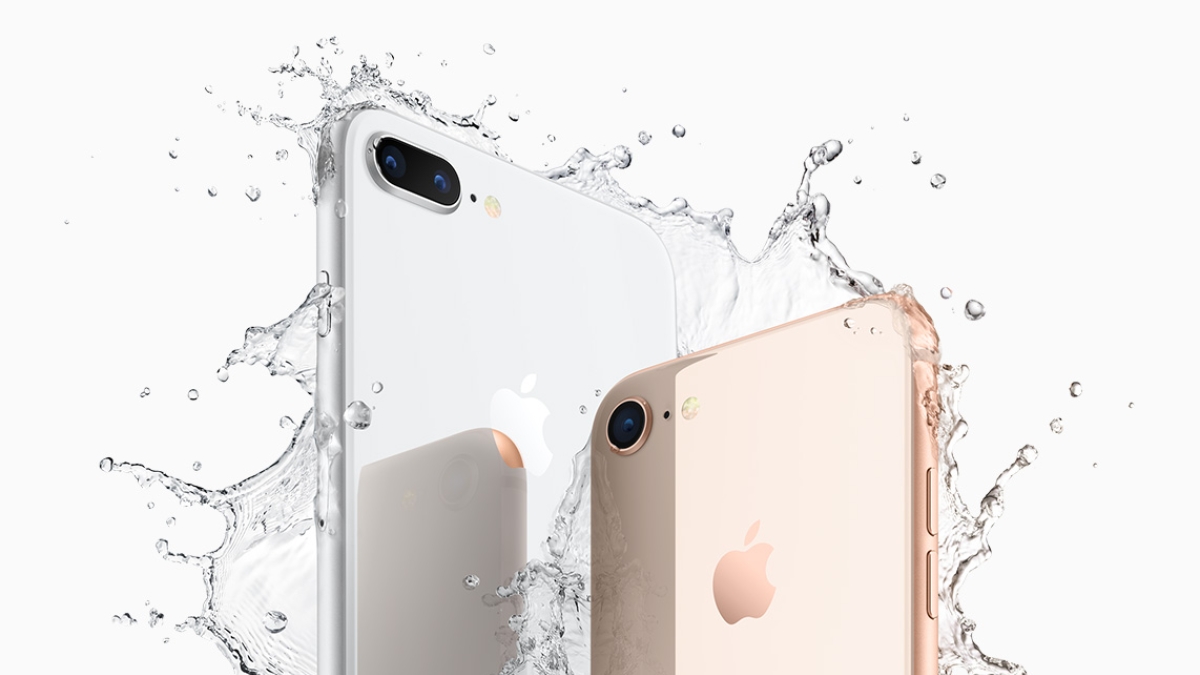Apple’s iPhone 8, 8 Plus and X were announced Tuesday, and amongst their new features are improved sound, upgraded cameras and wireless charging — not to mention the iPhone X's wholly new, all-screen look and Face ID.
These improvements in sight, sound and application practically guarantee to make our addiction to smartphones even stronger.
Ashraf Gaffar, a professor in Arizona State University's SchoolThe school is part of the Ira A. Fulton Schools of Engineering. of Computing, Informatics, and Decision Systems Engineering, researches artificial intelligence, human-centered design and complex software development. He recently gave ASU Now his expert take on the new technology and our continuing fascination with the rock-star device.
Ashraf Gaffar
Question: People can’t seem to live without their smartphones. How could a simple gadget end up penetrating our lives so deeply?
Answer: Smartphones quickly evolved into an all-in-one companion that fulfills many of our daily needs while being easy to use, lightweight and immediately available. As if the idea of having a cellphone was not good enough (and it was), adding a camera made it much more appealing. However, the true love came with SMS, Wi-Fi and internet connectivity, followed by an amazing number of apps, and the features keep growing.
Q: From a computing engineering standpoint, how have the engineers made this device so addicting?
A: Smartphones today have more computing power than NASA's computers who sent us to the moon in the 1960s. It is an engineering miracle to be able to add such computing power in a lightweight, battery-operated, pocket-sized device that can handle advanced computing and communication tasks never thought of before. While these features did not appear overnight, the global acceptance and the exponential widespread of smartphones motivated computing engineers to do what was unthinkable just a decade ago.
Q: What are some of the new features of the new iPhones that will be more attractive than ever?
A: Apple has always impressed everyone with their leadership in delivering amazing smartphones that exceed our expectations. On the surface, iPhone 8 is a major step forward in addressing users' pain points that we never thought would be solved. Better charging methods will really make users happier. Dropping your iPhone will not be a major frustration anymore (the new models are made of aluminum and are water-resistant). New features like better camera, augmented reality and intelligent machine vision are new features that we didn't even think we could see them on a smartphone.
The real achievement is how they increased the computing power even more to accommodate such advanced features. Apple definitely seems to know how to raise the bar of excellence.
Q: What advice would you give to people who spend hours a day using their device?
A: I always tell smartphone users and my students to remember that it is a great companion, but it remains just a companion. Don’t let it overtake your life. You still need to go out with friends, not just text them. You still need to have dinner with your family, go for an outdoor picnic or a trip and — once in a while — try to live without your smartphone for a day. You will really appreciate things around you that you did not notice before.
Q: Looking at its amazing growth, what would be the ultimate smartphone of the future?
A: While we probably ask this question a lot, it's really hard to tell the long-term future of smartphones. We can already predict more computing power, longer battery life, better and cheaper connectivity, better cameras and ever smarter apps. These are all engineering challenges that will be improved, but will not define the "future" smartphone. In my opinion, the future will be defined when we get there for the simple reason that some more "disruptive" technologies will appear — like Facebook and Twitter did — that will change our lives into a new direction. The beauty of it is that it remains unknown until we stumble on it. So while we know more futuristic disruption are coming our way, we cannot predict them with our today's knowledge.
Top photo: iPhone 8 and iPhone 8 Plus are precision‑engineered to resist water and dust. Photo courtesy of Apple
More Science and technology

Indigenous geneticists build unprecedented research community at ASU
When Krystal Tsosie (Diné) was an undergraduate at Arizona State University, there were no Indigenous faculty she could look to in any science department. In 2022, after getting her PhD in genomics…

Pioneering professor of cultural evolution pens essays for leading academic journals
When Robert Boyd wrote his 1985 book “Culture and the Evolutionary Process,” cultural evolution was not considered a true scientific topic. But over the past half-century, human culture and cultural…

Lucy's lasting legacy: Donald Johanson reflects on the discovery of a lifetime
Fifty years ago, in the dusty hills of Hadar, Ethiopia, a young paleoanthropologist, Donald Johanson, discovered what would become one of the most famous fossil skeletons of our lifetime — the 3.2…

